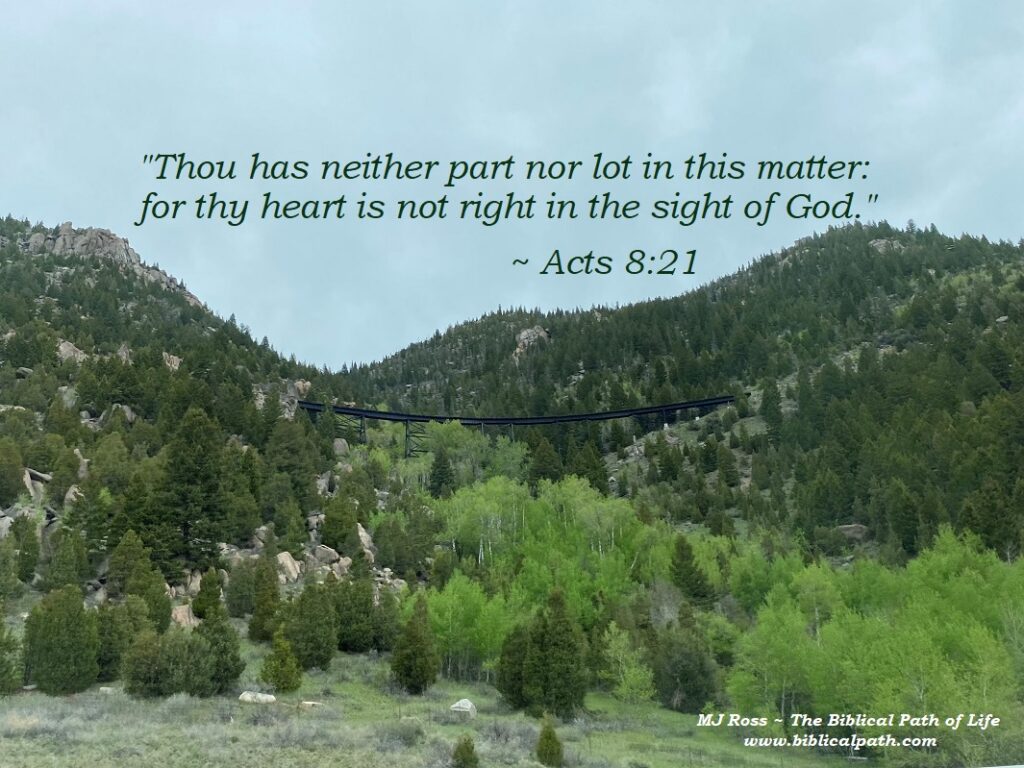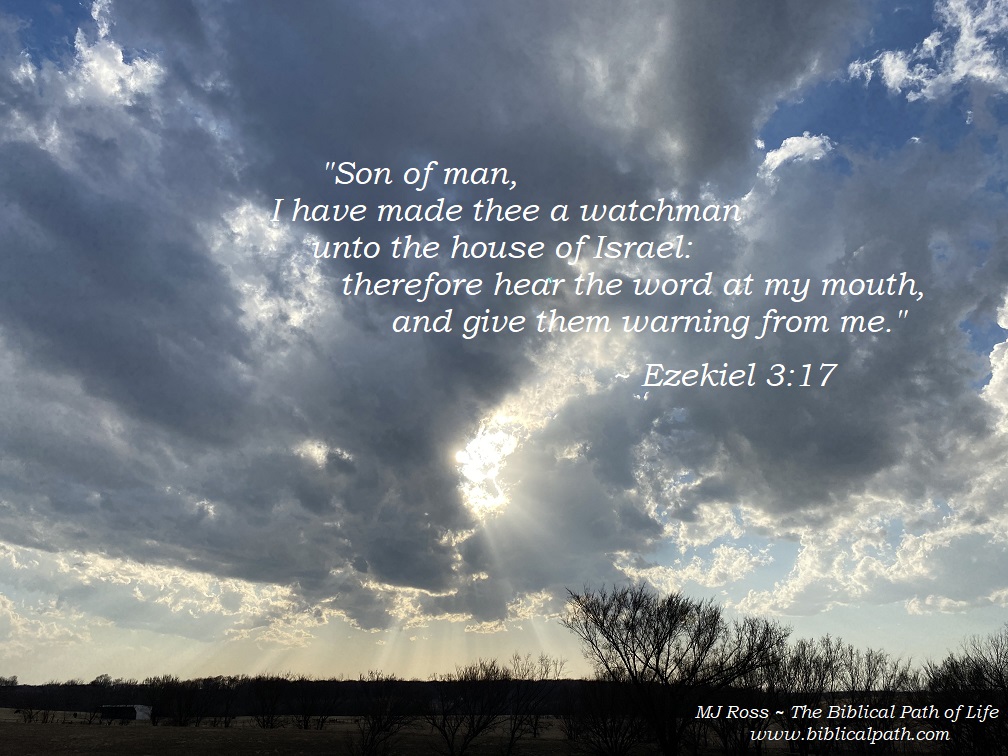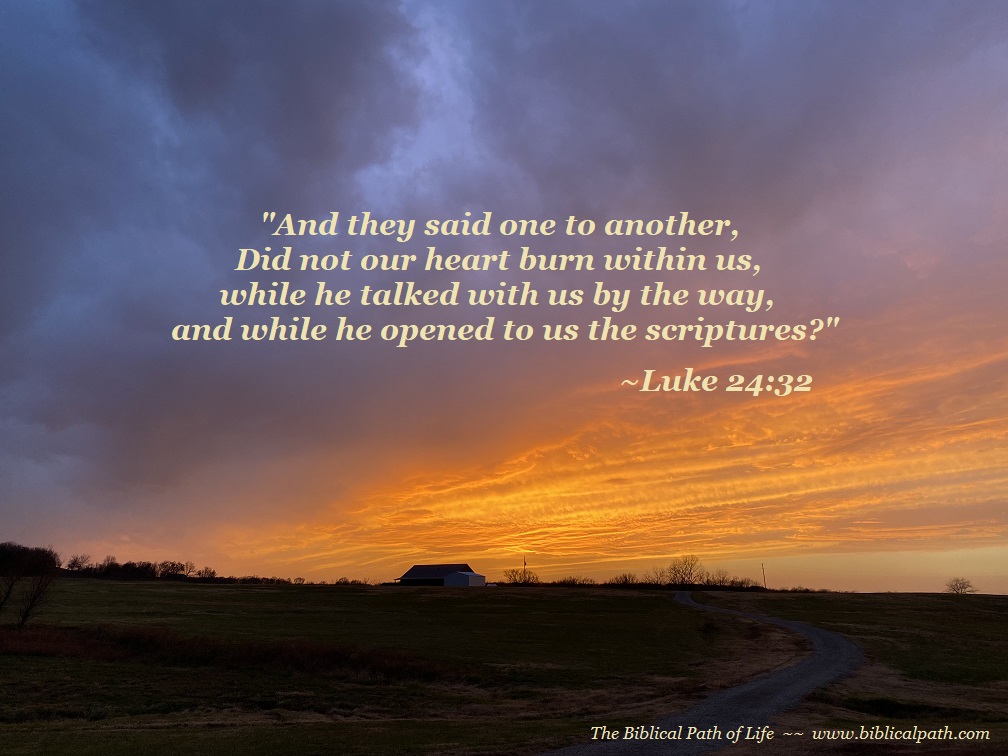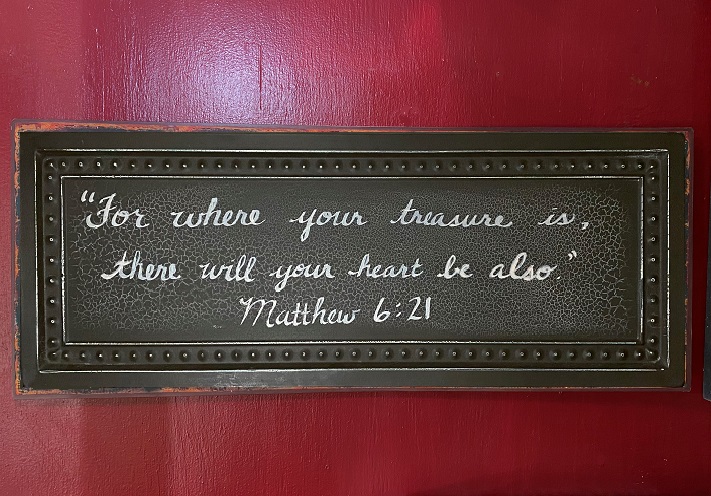
“Draw nigh to God, and he will draw nigh to you. Cleanse your hands, ye sinners; and purify your hearts, ye double minded.”
James 4:8
Repentance before God is very important.
From the call to Adam in the Garden of Eden (see Genesis 3:8-10), God has called for man’s repentance. This call comes when one’s heart is convicted of sin (when one recognizes the sin in their life), understanding the need for repentance. Repentance means “compunction (for guilt, including reformation); by implication reversal (of [another’s] decision); it is the understanding that one is to think differently or afterwards, that is, reconsider (morally to feel compunction).” This act is revealed when one asks God for forgiveness and then trusts in Jesus to take the sin away. “10. He hath not dealt with us after our sins; nor rewarded us according to our iniquities. 11. For as the heaven is high above the earth, so great is his mercy toward them that fear him. 12. As far as the east is from the west, so far hath he removed our transgressions from us. 13. Like as a father pitieth his children, so the LORD pitieth them that fear him” (Psalm 103:10-13). We call this salvation, or becoming a Christian. (See http://biblicalpath.com/index.php/how-to-be-saved/ for more information). One then proceeds by allowing God to change that heart and life.
Nevertheless, because we still live in this world, all Christians sin. It is not right or good. However, it is important to turn from that sin immediately, asking God for forgiveness. Understanding that, a Christian should always live a life pleasing to the Lord. Right? More often than not, Christians harbor sin in their hearts. Sometimes unwittingly, sometimes on purpose, but all have sin that enters their hearts and lives (see Psalm 44:20-21). The important thing is to repent of that sin, asking God to cleanse that heart again. This should be a daily chore – to check one’s heart, making sure that sin is not hiding out there. But most Christians become so busy, they do not check their hearts daily. It is then that the sin begins to reside in the heart (most often unrecognized). This is dangerous because that Christian has allowed Satan to have influence in that life.
You may not know what is wrong, but you feel that something is not right in your spirit. You acknowledge that you have not been acting right in your life. Things are not going well for you, you know there is something that is off, but you just do not know what it is. When you recognize that something is just not quite right, you should pray and ask the Lord what it is. “5. If any of you lack wisdom, let him ask of God, that giveth to all men liberally, and upbraideth not; and it shall be given him. 6. But let him ask in faith, nothing wavering. For he that wavereth is like a wave of the sea driven with the wind and tossed” (James 1:5-6). When you do not know what you must do, read your Bible. It is then that God will reveal what the problem is and what must be done. When there is hidden sin in the heart, God will reveal it. It is then that one must repent. Yes, again! Repentance should be a constant in a Christian’s life – for we consistently fail to live a Christ-like life.
How do we truly repent? There is an order of repentance, and God gives it to us in His Word. “6. But he giveth more grace. Wherefore he saith, God resisteth the proud, but giveth grace unto the humble. 7. Submit yourselves therefore to God. Resist the devil, and he will flee from you. 8. Draw nigh to God, and he will draw nigh to you. Cleanse your hands, ye sinners; and purify your hearts, ye double minded” (James 4:6-8). It is at this point you ask the Lord what it is that you must do to correct the course of your life. How do you repent?
There are four movements to repentance: Submit, cleanse your heart, resist the devil, and draw near to God.
Understand that when God touches your heart, you need to submit unto Him. When you learn to submit to God, you are then able to submit to others. Until you submit to God, you will never submit to anyone else. God resists the proud. You then ask for forgiveness.
It is then that you realize that you have been listening to the devil and living in the way of the world (of which Satan is the temporary ruler: see Ephesians 2:2-10). This is the point that one must resist the devil and his ways. This is the second step. It is at this point that the devil will flee from you. When you resist him, he has no power over you. The only power he ever had over mankind was death. Jesus took the sting of death from Satan (removing that power away from him) when Jesus rose from the dead (see 1 Corinthians 15:54-58). Remember the devil has come to steal, kill, and destroy (see John 10:10). When one has Christ, the devil has no power over you – as long as you submit to the Lord. Therefore, we have no reason to fear the devil. However, one must remember that one cannot draw near to God unless you resist the devil. When one resists the devil, one is then able to draw near to God. That is the third thing one must do. It is then that God will draw near to you. What an encouraging promise!
Finally, cleanse your hands and purify your hearts. This is a reminder that once one recognizes the need for repentance, one must remove the sin from that heart and life. Then allow God to change that heart and life. Do not enter into that sin again (“ye double minded”). “A double minded man is unstable in all his ways” (James 1:8).
The call to repentance is throughout the Bible, even to the end in Revelation. “And the Spirit and the bride say, Come. And let him that heareth say, Come. And let him that is athirst come. And whosoever will, let him take the water of life freely” (Revelation 22:17). – if you are thirsty come.
Do you check your heart, recognizing when you need to repent, enabling you to draw nigh to God?








